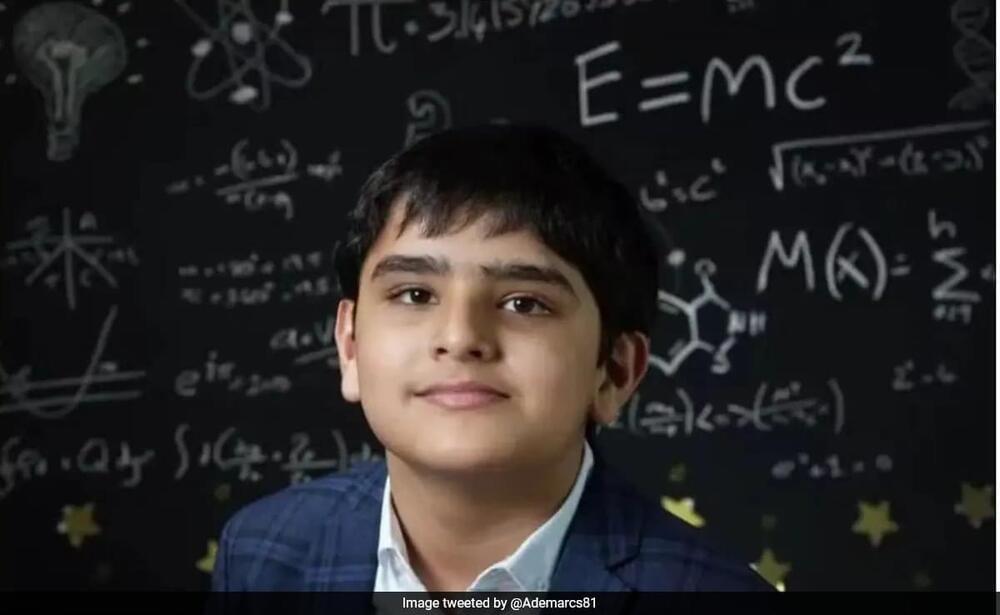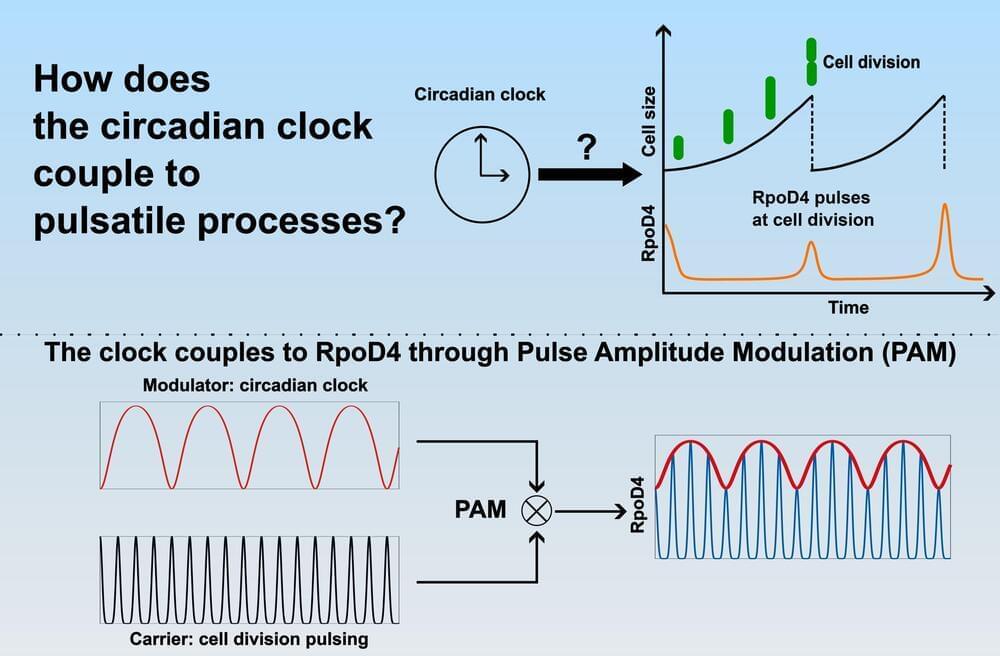Use code isaacarthur at the link below to get an exclusive 60% off an annual Incogni plan: https://incogni.com/isaacarthur.
Technology offers us many options, including less reliance on others, but what does that entail and how autonomous can a person get?
Visit our Website: http://www.isaacarthur.net.
Join Nebula: https://go.nebula.tv/isaacarthur.
Support us on Patreon: / isaacarthur.
Support us on Subscribestar: https://www.subscribestar.com/isaac-a…
Facebook Group: / 1583992725237264
Reddit: / isaacarthur.
Twitter: / isaac_a_arthur on Twitter and RT our future content.
SFIA Discord Server: / discord.
Credits:
Off The Grid: Technological Autonomy.
Episode 477; December 12, 2024
Produced, Narrated \& Written: Isaac Arthur.
Editor: Donagh Broderick.
Graphics: Mafic Studios.
Select imagery/video supplied by Getty Images.
Music Courtesy of Epidemic Sound http://epidemicsound.com/creator.
Stellardrone, \


